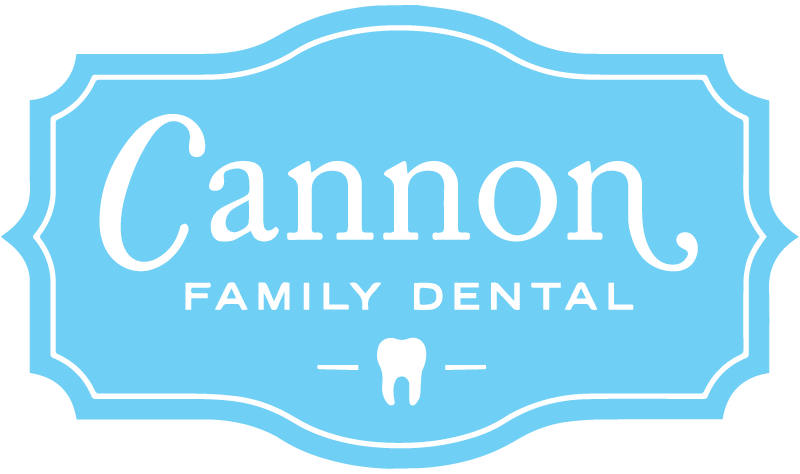Much of the food we eat contains simple carbohydrates, sugar. We know that sugar interacts with bacteria in our mouth to cause an increase in acid levels, which directly causes cavities. “Anything we can do to reduce the amount of acid and bacteria in your mouth will help prevent tooth decay,” says Matthew Messina, D.D.S., a spokesperson for the American Dental Association.
“And that means less dental work over time.”
Chewing gum not only loosens the bits of food that get stuck in your teeth, it also starts up your saliva glands and floods your mouth. The saliva washes over your teeth, picking up bacteria and acid as it goes, which you then swallow.
And there you go—you have less enamel-eating acid in your mouth.
For best results, Dr. Messina says, chew gum for at least 20 minutes after eating.
And make sure it’s sugar-free. Chewing gum that contains natural sugars will only fuel the bacteria.
Just remember—gum is a complement to your dental routine, not a replacement. You still need to brush and floss.
I often recommend chewing gum to college students, as they often eat meals on campus where they do not have access to brushing their teeth. Chewing gum will help clean teeth when nothing else is available.
Feel free to call us at Cannon Family Dental to answer any of your questions or to schedule an appointment.

